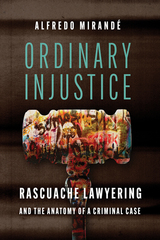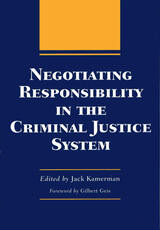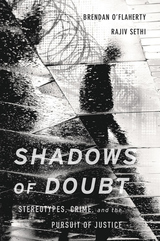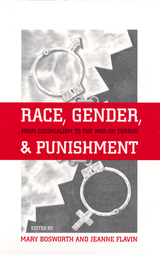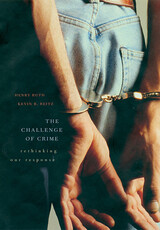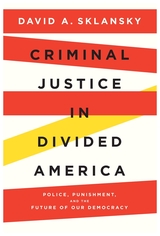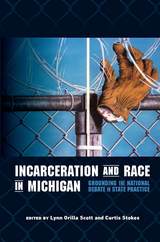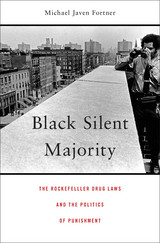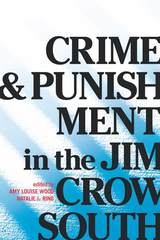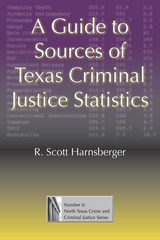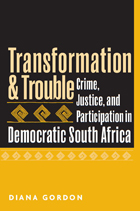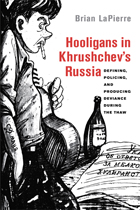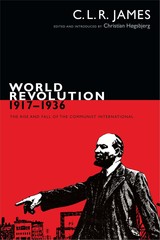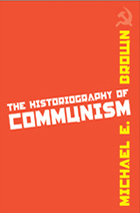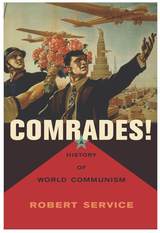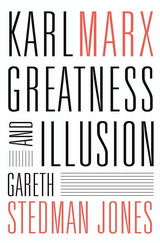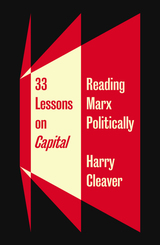Hooligans in Khrushchev's Russia: Defining, Policing, and Producing Deviance during the Thaw
University of Wisconsin Press, 2012
Paper: 978-0-299-28744-3 | eISBN: 978-0-299-28743-6 (all)
Library of Congress Classification HV9960.S65L36 2012
Dewey Decimal Classification 364.3094709045
Paper: 978-0-299-28744-3 | eISBN: 978-0-299-28743-6 (all)
Library of Congress Classification HV9960.S65L36 2012
Dewey Decimal Classification 364.3094709045
ABOUT THIS BOOK | AUTHOR BIOGRAPHY | REVIEWS | TOC | REQUEST ACCESSIBLE FILE
ABOUT THIS BOOK
Swearing, drunkenness, promiscuity, playing loud music, brawling—in the Soviet Union these were not merely bad behavior, they were all forms of the crime of "hooliganism." Defined as "rudely violating public order and expressing clear disrespect for society," hooliganism was one of the most common and confusing crimes in the world's first socialist state. Under its shifting, ambiguous, and elastic terms, millions of Soviet citizens were arrested and incarcerated for periods ranging from three days to five years and for everything from swearing at a wife to stabbing a complete stranger.
Hooligans in Khrushchev's Russia offers the first comprehensive study of how Soviet police, prosecutors, judges, and ordinary citizens during the Khrushchev era (1953–64) understood, fought against, or embraced this catch-all category of criminality. Using a wide range of newly opened archival sources, it portrays the Khrushchev period—usually considered as a time of liberalizing reform and reduced repression—as an era of renewed harassment against a wide range of state-defined undesirables and as a time when policing and persecution were expanded to encompass the mundane aspects of everyday life. In an atmosphere of Cold War competition, foreign cultural penetration, and transatlantic anxiety over "rebels without a cause," hooliganism emerged as a vital tool that post-Stalinist elites used to civilize their uncultured working class, confirm their embattled cultural ideals, and create the right-thinking and right-acting socialist society of their dreams.
Hooligans in Khrushchev's Russia offers the first comprehensive study of how Soviet police, prosecutors, judges, and ordinary citizens during the Khrushchev era (1953–64) understood, fought against, or embraced this catch-all category of criminality. Using a wide range of newly opened archival sources, it portrays the Khrushchev period—usually considered as a time of liberalizing reform and reduced repression—as an era of renewed harassment against a wide range of state-defined undesirables and as a time when policing and persecution were expanded to encompass the mundane aspects of everyday life. In an atmosphere of Cold War competition, foreign cultural penetration, and transatlantic anxiety over "rebels without a cause," hooliganism emerged as a vital tool that post-Stalinist elites used to civilize their uncultured working class, confirm their embattled cultural ideals, and create the right-thinking and right-acting socialist society of their dreams.
See other books on: 1945-1991 | Criminal justice, Administration of | Deviant behavior | Law Enforcement | Policing
See other titles from University of Wisconsin Press

